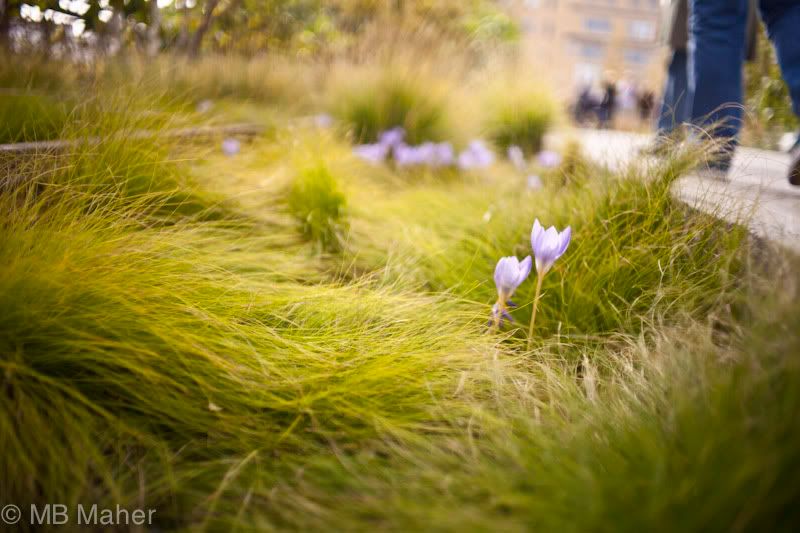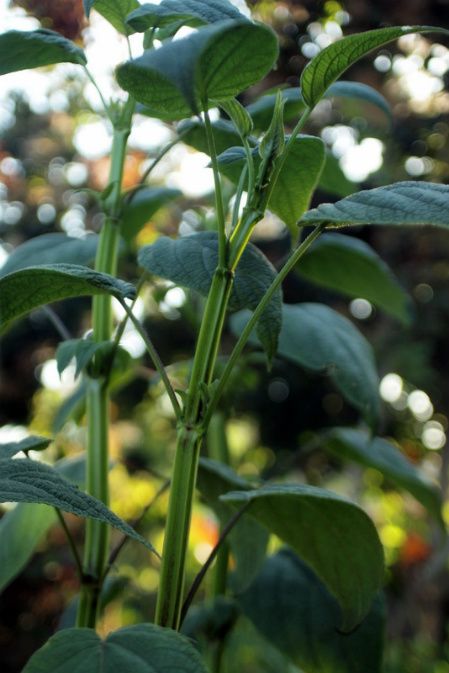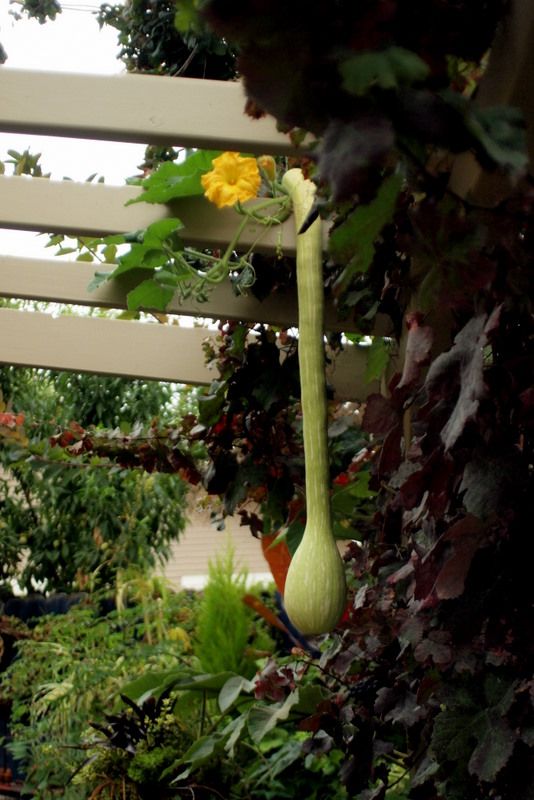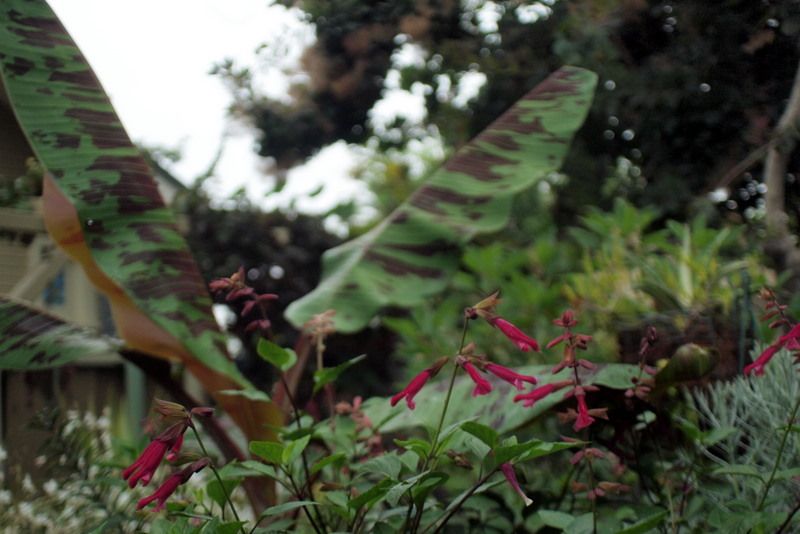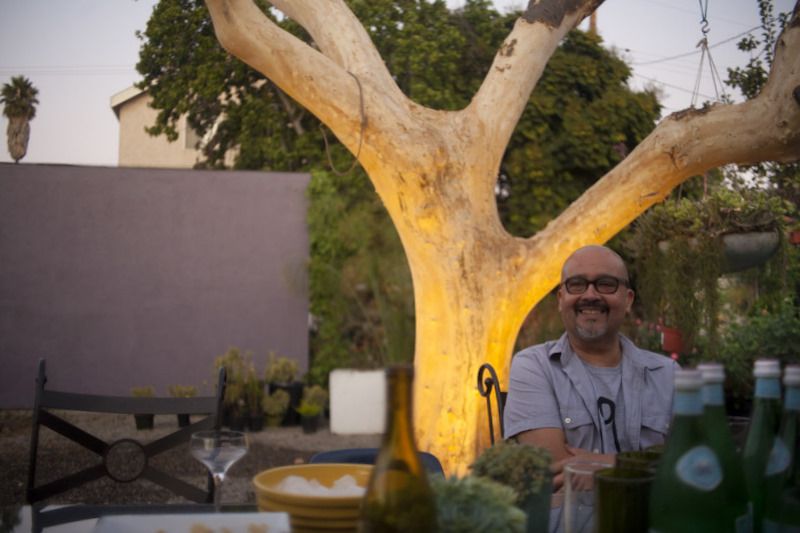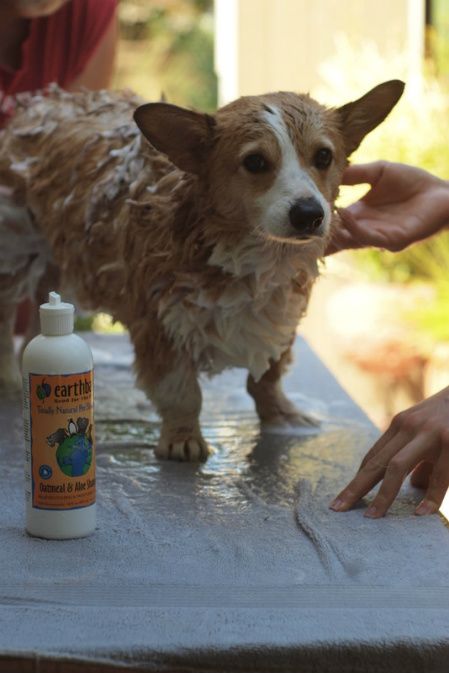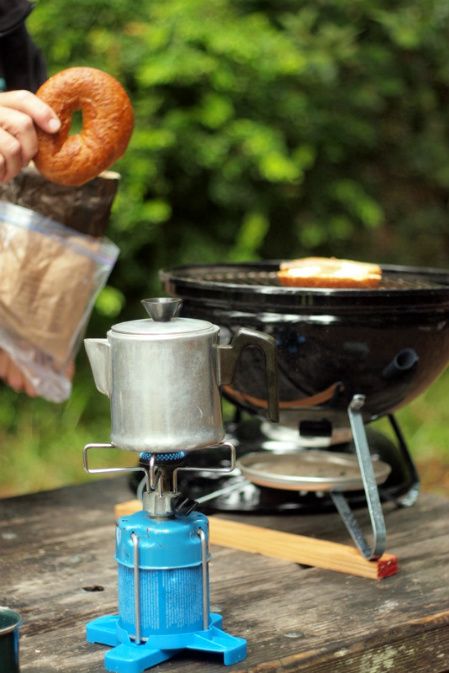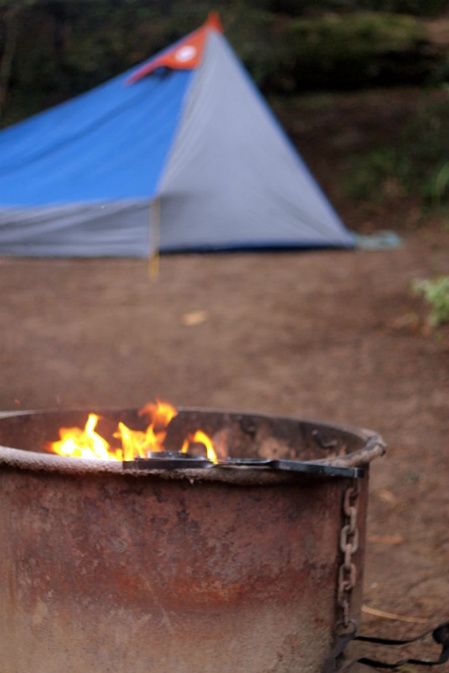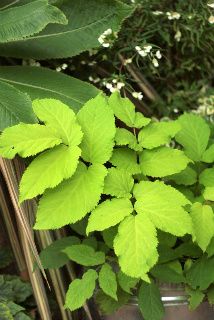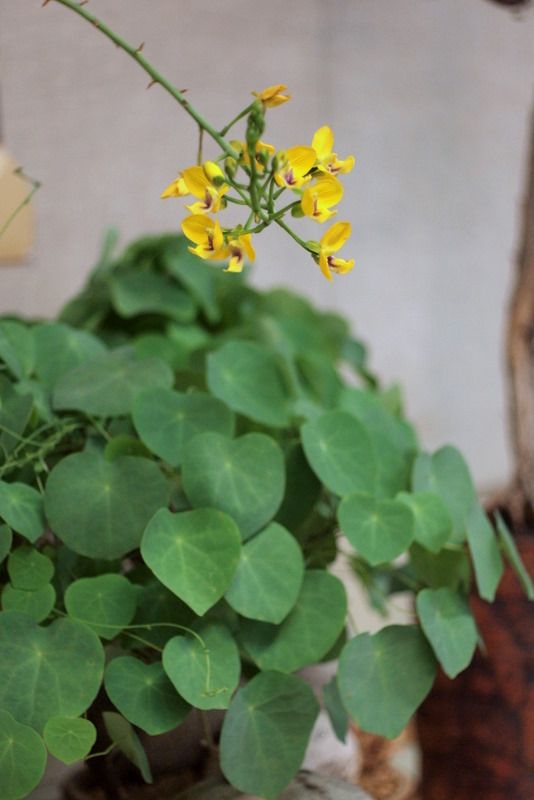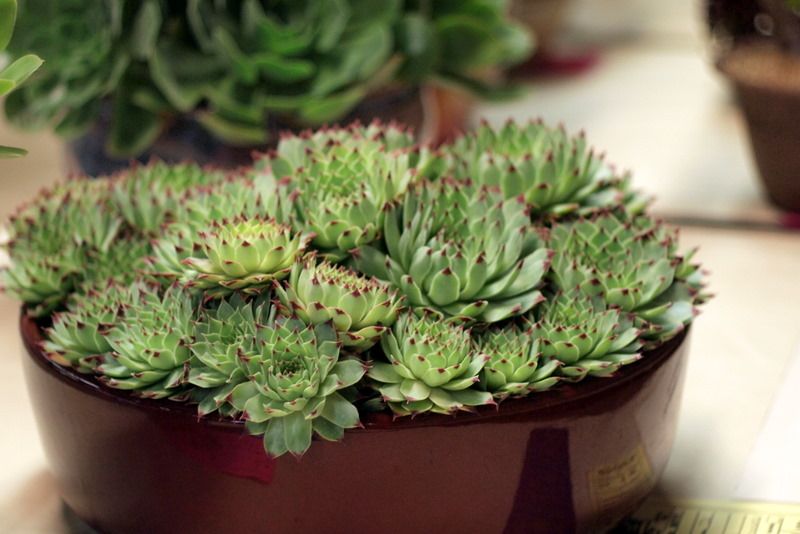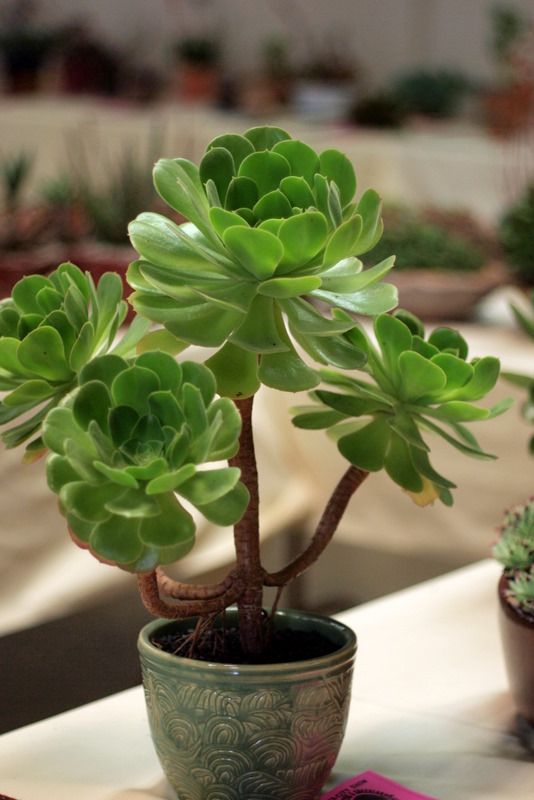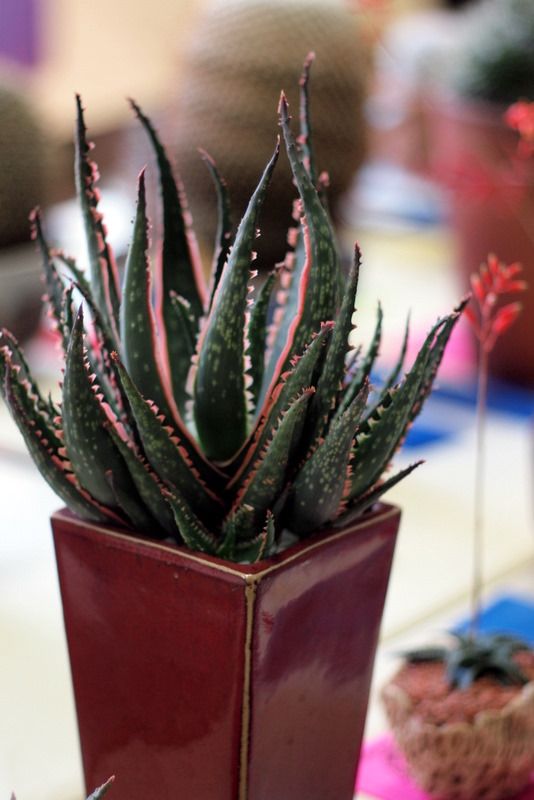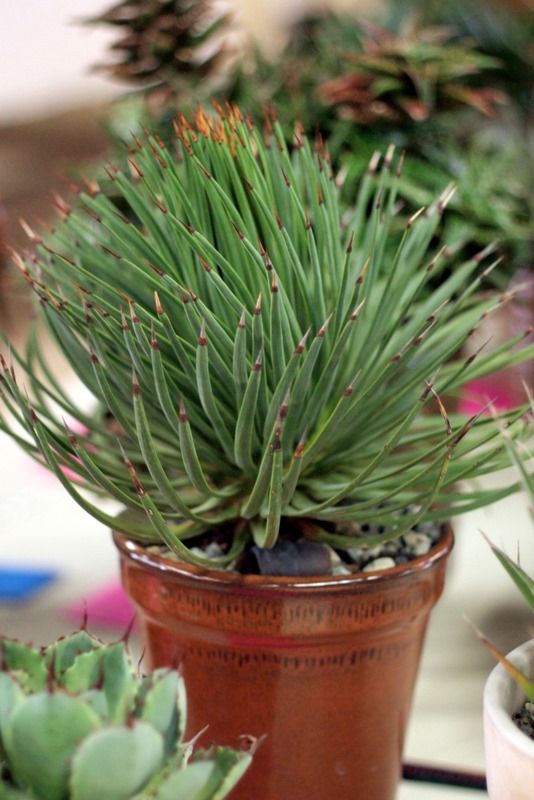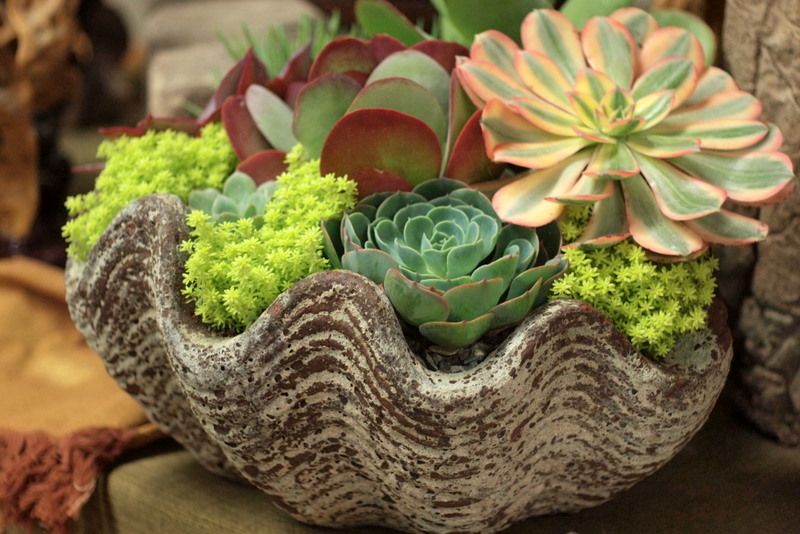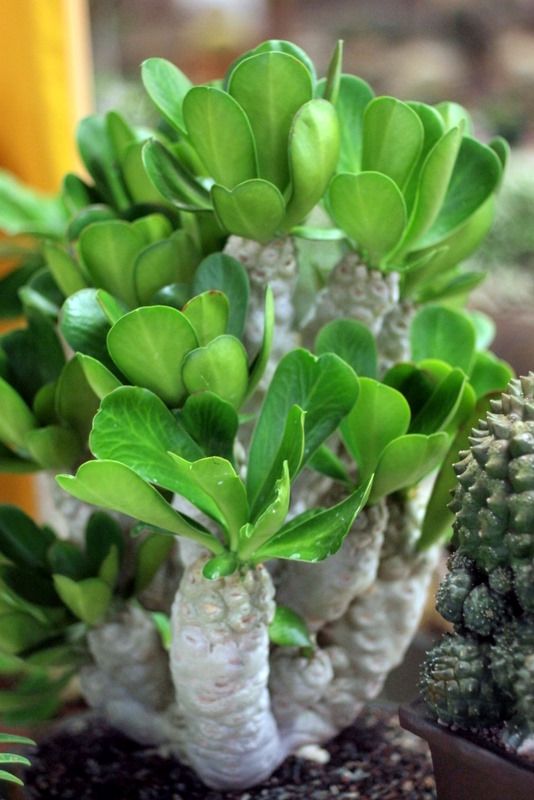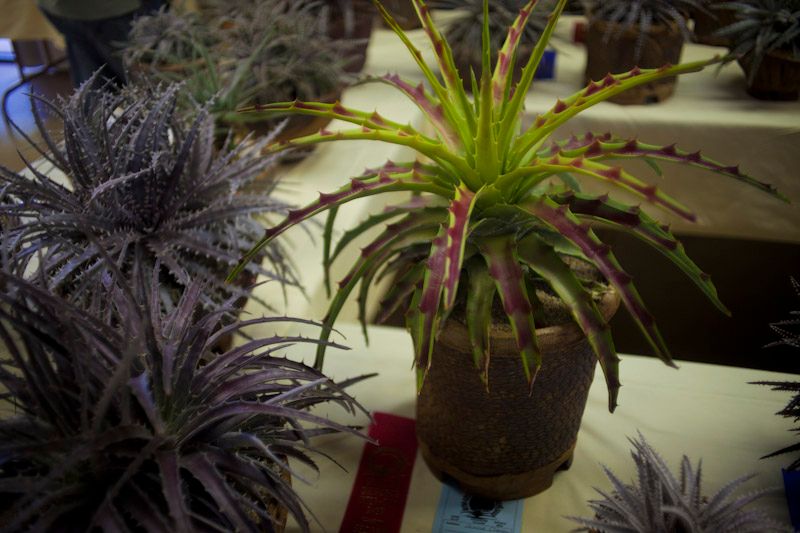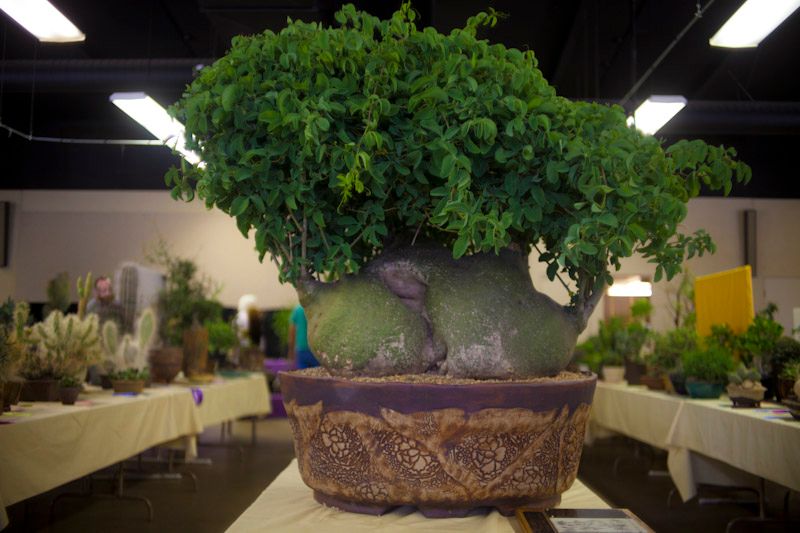I didn’t dare take this beautiful book on the recent camping trip, so it sat waiting in a quiet house. A couple pages behind the cover’s brisk Helvetica type is this arresting foreword by Robert Hammond, co-founder of the High Line in New York City, which is as far as I got into the book. I think the entire foreword is worth posting here:
‘The High Line should be preserved, untouched, as a wilderness area. No doubt you will ruin it. So it goes.’
“This comment was handed in on a public input card after our 2003 High Line Ideas Competition and I’ve kept it pinned above my desk ever since. It scared me because I believed it could come true.
“The High Line was a serendipitous wildscape when Joshua David and I first walked on it in the summer 1999. Grasses, wildflowers, and small trees had taken over the surface of the abandoned elevated rail line. It was unplanned and untended, and that’s what made it so special. My biggest fear was that turning it into a park would spur the loss of a magical, accidental landscape thriving in relative secret above the West Side of Manhattan. At first we hoped to keep it as it was, to preserve that wild state and to simply run a path down the middle of the railway. We soon learned that would be impossible. In order to open it to the public we needed to make repairs, and that meant removing what remained of the ties, the rails, and the ballast — and everything growing on top of them. I knew we could not replicate what had taken nature decades to unfold. Even after I saw the plans that Piet Oudolf developed with our design team, led by James Corner Field Operations, schemes that drew inspiration from the palette of volunteer plants found growing there, I was anxious that the new plantings would fall short of that romantic original landscape. It was not until after the park opened in the summer of 2010 and I could see how the High Line’s blooms, grasses, and foliage changed every few weeks that I realized that Piet had not only recaptured that original magic, but that he had also created a new landscape that had the ability to alter the way people feel and how they act.
“People do not walk slowly in New York. They rarely stroll. But they do on the High Line. Couples hold hands. Parents remark upon the various plants as they use the High Line to walk their children leisurely to and from school. Piet’s landscape allows people to breathe easier — not for its manicured beauty, but for its ability to change as nature does.
“The range and complexity of Piet’s plantings give visitors reasons to come back again and again. Week after week, month after month, they are lessons in discovery. Where many garden designers think of landscapes in terms of the four main seasons, Piet’s seasons are broken into seasons. His aspirations may be ecological in nature, but he works like a painter. He dials color up, and then back, sometimes massing bold swatches of color that lead your eye through the landscape, at other times subtly dotting little spectral islands into larger seas of grasses. The complexity of these combinations is heightened as he employs various and distinct aspects of a single plant’s annual cycle for various purposes through a single year. His plants are actors playing multiple roles — the blue stars that entertain with small, pale blue flowers in May return with a bold statement when their foliage turns a brilliant gold in the fall.
“With Oudolf, it’s not just about flowers. His landscapes, while certainly floral, are meant to confound the “what’s-in-bloom?” mentality that drives much of the garden world. Plants are prized for their flowers, yes, but also for their height — and the gradual pace pursued to achieve their eventual statures — for their foliage’s texture and color in spring and summer as well as fall and winter, for their fruit or seedheads, and even for the color of their stems. Whether the plants are ascendant or in decline, all of their features have roles to play, through the year. And it all appears so disarmingly simple.
“Or course, you do not need to think about any of this when you walk through one of his landscapes. But I suspect that you will be moved, or inspired, or maybe you will just feel better — even if you don’t know why. There is something at work that will, I think, connect you to the kind of feelings I experienced when I walked on the High Line that first time — a belief in the ability of such spaces to change the way we see the world, and perhaps each other, season after season, all year long.
Robert Hammond
Co-founder
Friends of the High Line.”
